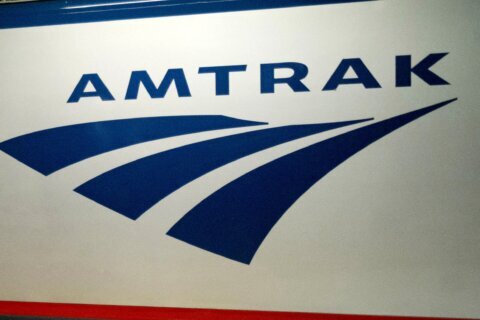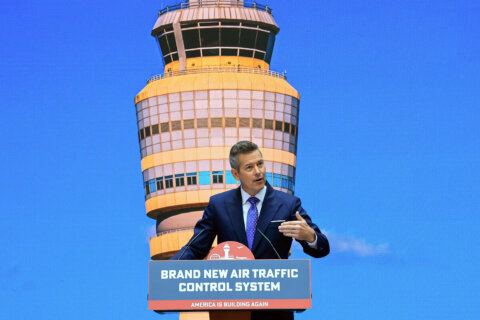In a week full of back and forth debating between Metro and the Washington Metrorail Safety Commission that monitors it, the two agencies appear to have reached a resolution.
On Friday, the WMATA announced that the safety commission had agreed to allow the system to move from an inspection schedule of four days to seven days in accordance with Phase 3 of its plan to return 7000-series train cars to the transit fleet.
In a tweet, the transit system said, “WMSC concurs with Metrorail to move to Phase 3 of the 7K Return to Service Plan. We appreciate the WMSC’s prompt review and concurrence of our 7K Phase 3 Return to Service plan.”
The decision comes as an attempt to curb long wait times and crowding, especially during peak hours and on lines with reduced service.
Our ability to move from a 4 to 7-day inspection interval will gradually allow us to train staff with this improved process and work towards the safe implementation of improved service for our customers. We expect to provide further details on service levels in the near future.
— Metro (@wmata) January 20, 2023
Phase 1 of the Return to Service plan involved a day of single service where up to eight 7000-series cars would be released per day, according to WAMATA. Phase 2 was the four day inspection time that ensured the cars met service requirements. If no problems were found during the second phase, Metro could scale back to inspections every seven days, which is where Metro’s 7000-series inspections stand today.
Although Metro is now hinting at the possibility of shorter wait times, last week Metro seemed on track to reduce service indefinitely.
On Jan. 14, Metro announced that an internal investigation into derailments and operator errors found that some of its operators did not follow the proper training requirements. It said operators would undergo more extensive training on simulators, spend over 30 hours of classroom training and would have to pass a practical written test to meet the safety commission’s requirements.
Then on Monday, the transit system announced — but quickly reversed direction — that it would pull a majority of the 7000-series train cars for inspection, reducing service to several lines as a result of the directive from the safety commission.
Metro General Manager Randy Clarke said during a meeting that the halt to its 7000-series plans meant service levels would not improve “for the foreseeable future,” adding, “and by foreseeable I mean months, not weeks.”
Later that same day, they announced it would not reduce service and the watchdog group gave Metro more time to turn over a list of rail operators who were certified despite not meeting the agency’s training requirements, as well as documents showing that the agency has corrected it training procedures.
The new deadline is Tuesday, Jan. 24.
In the following weeks, the two will meet again to discuss the investigation findings and the new training measures.
WTOP’s Jack Moore contributed to this report.








